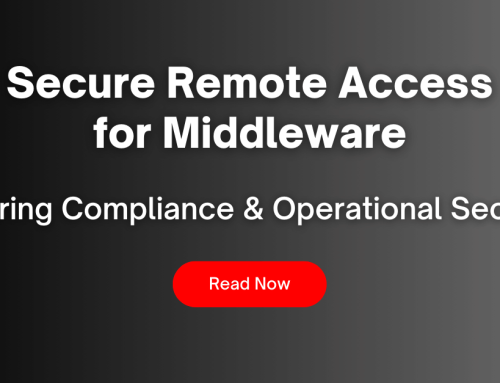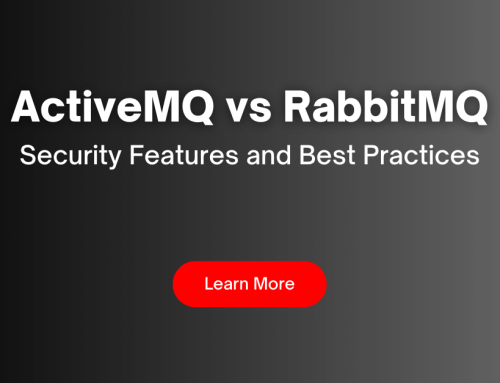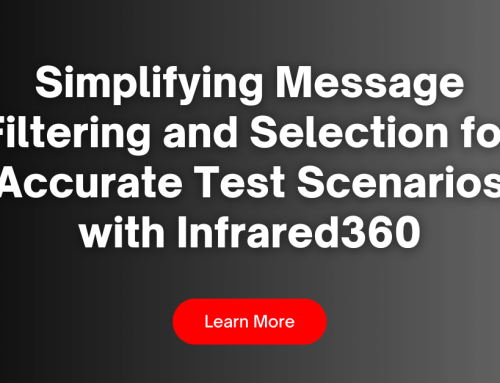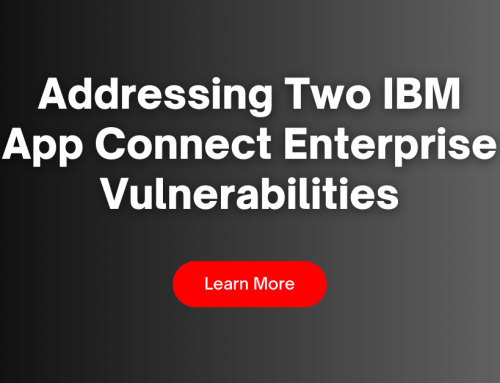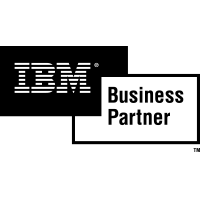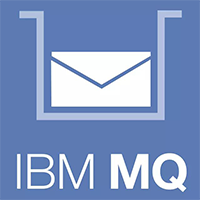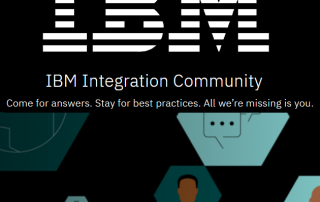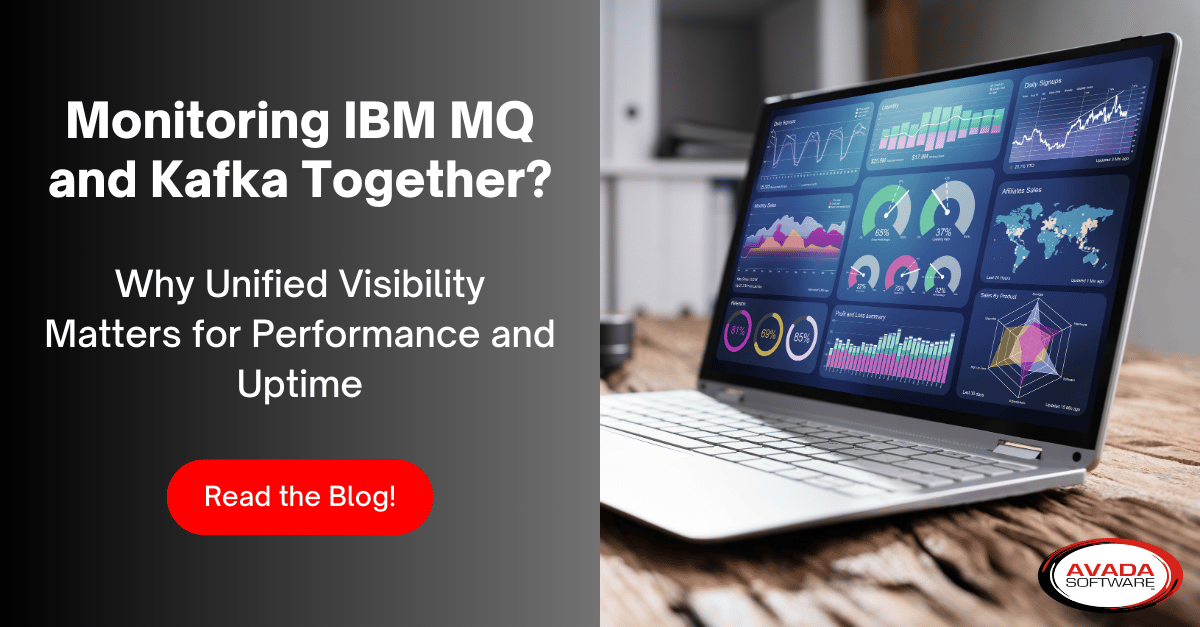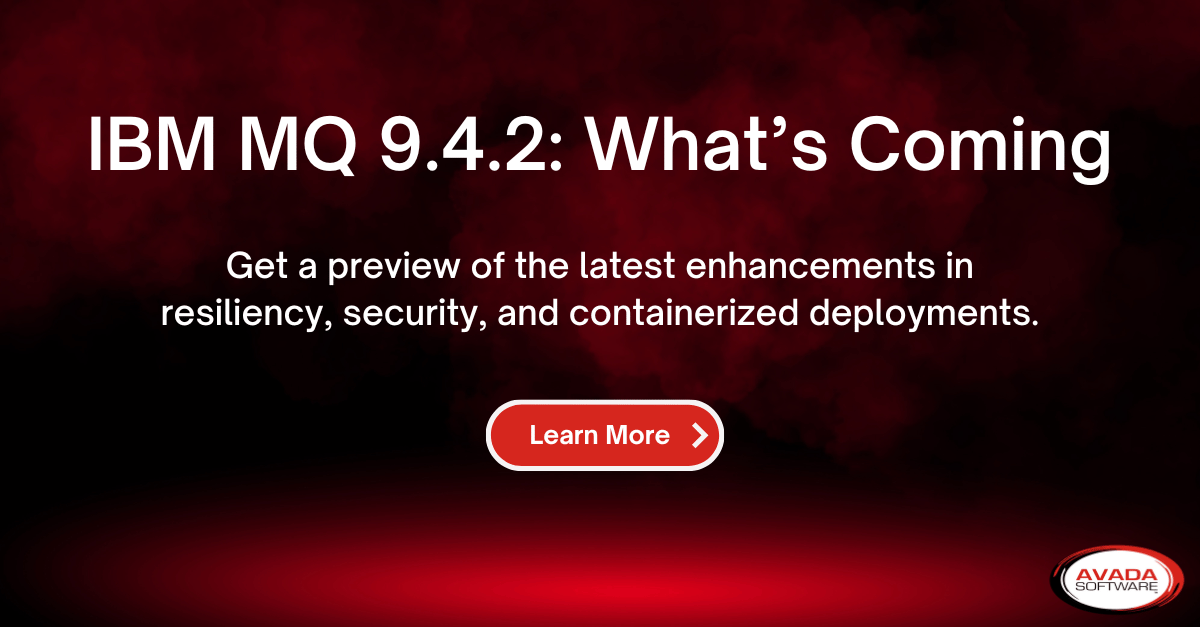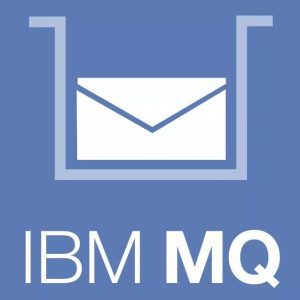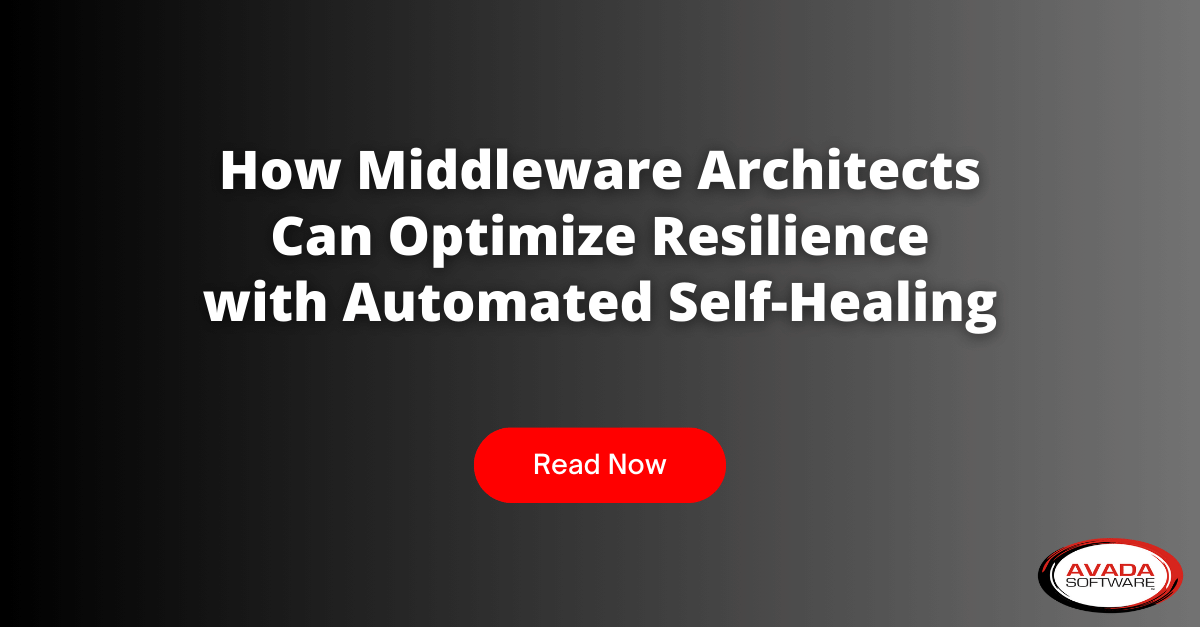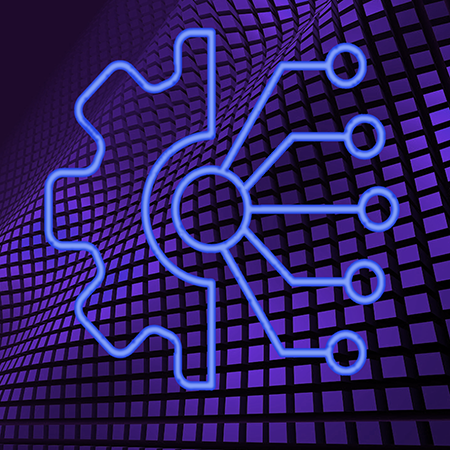IBM MQ 9.3 Announced
On April 12, 2022 IBM officially announced IBM MQ 9.3 availability for June 23, 2022*.
Most of what is new in IBM Q 9.3 is focused on modernization of your MQ estate and has been previously released as enhancements that were introduced in version 9.2.x CD. However there is some brand-new functionality in the IBM MQ 9.3 announcement.
IBM MQ Advanced for Multiplatforms
IBM MQ Advanced is a license entitlement that has all the features of IBM MQ but also includes Advanced Message Security (AMS). AMS uses SSL to encrypt the data at rest in message queues. IBM MQ Advanced also provides, MQ Telemetry, and Replicated data queue managers (RDQM), and Managed File Transfer. IBM MQ Managed File Transfer can be installed as four different options, depending on your operating system and overall setup. IBM positions MQ MFT as a more reliable and efficient secure data and file transfer method compared to FTP and others like HTTP, and even Secure File Transfer Protocol (SFTP).
IBM MQ 9.3 brings new updates to MQ Advanced Managed File Transfer capabilities. Now, a REST API enables file data to be transferred over MQ with the create file transfer command. Also, there are now REST API commands that allow you to make a managed call request over the REST API. The call is submitted through MQ to an MFT Agent, bolstering its cloud native positioning. IBM MQ 9.3 also includes several other “new” features to Managed File Transfer capabilities that actually were already included in the MQ Advanced 9.2.x CD releases. These include:
- MFT protocol bridge agent enhancements now enable users to limit file transfers per FTP and SFTP endpoint to reduce the risk of bottlenecks and effectively prioritize file transfers.
- The MFT file logger component is now part of the redistributable MFT package to enable clients to optionally copy published information about actions for analysis and auditing purposes.
- Commands to start and stop resource monitors. These two commands allow a resource monitor to start or stop without the need to stop/start an agent.
- Assets to deploy the MFT agent in Red Hat OpenShift and Docker environments are now available, including an image published in Docker Hub with GitHub samples to enable customization.
- Transfer logs are now provided for enhanced visibility of file transfer status. This provides more information to the user about the activities of MFT agents, including details of successful transfers and any failure cases. Transfer logs can assist users in resolving common problems and can be used to supply more detailed diagnostics if required by IBM support.
- When clients run the RAS gathering tool with the fteRAS command, additional information is provided to confirm progress. The fteRAS command runs the RAS gathering tool to collect troubleshooting information (MustGather data). The data that fteRAS collects is specific to the Managed File Transfer installation on the system where the program is being run.
Other New Capabilities in IBM MQ 9.3:
MQ Explorer is no longer included as part of the IBM MQ install package. MQ Explorer is still available, but clients have to download and install it separately. The stand-alone IBM MQ Explorer can be downloaded from Fix Central and installed as a stand-alone application, running on Linux® or Windows. However, you can only have a single installation of the stand-alone IBM MQ Explorer on a given machine, regardless of version. MQ Explorer is a management tool that provides the ability to look at your MQ estate, but lacks the ability to monitor in the sense of creating thresholds, alerts, and notifications like a monitoring and management solution.
IBM MQ 9.3 also introduces support for Java Message Service 3.0 and .NET 6 to keep MQ modernized and completely removed the old Dashboard Web Console that was formerly deprecated and retains the New Web Console from IBM MQ 9.1.5.
For all the features of IBM MQ 9.3, including all the capabilities in MQ 9.3 that first appeared in the MQ 9.2.x CD releases, check out the full announcement.
For information on how you can modernize your IBM MQ estate without losing observability across your distributed MQ estate, check out our paper on 5 Challenges & Solutions When Modernizing Your Middleware Infrastructure
More Infrared360® Resources

